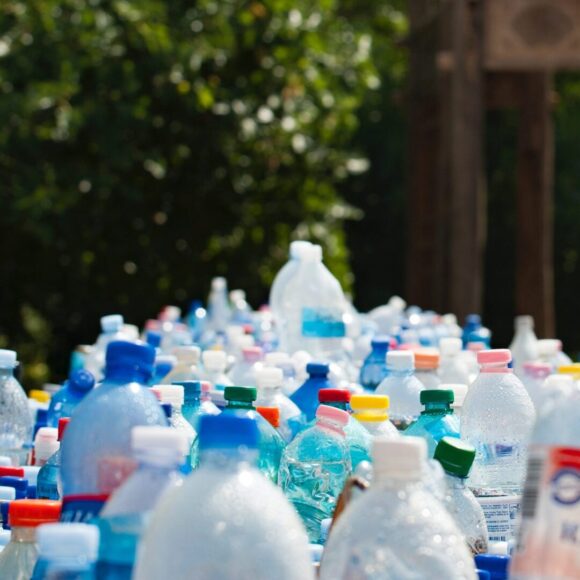5 Common Myths About Plastic Recycling in Dubai

Plastic recycling is an essential practice that helps to reduce waste and protect the environment. However, there are many myths and misconceptions surrounding plastic recycling in Dubai, which can deter people from participating in this critical practice. In this blog, we’ll debunk five common myths about plastic recycling in Dubai to help you better understand this important process.
Myth #1: All plastics can be recycled
While many types of plastics can be recycled, not all plastics are created equally. Different types of plastics have unique properties that determine their recyclability. In Dubai, the most commonly recycled plastics include PET (polyethylene terephthalate) and HDPE (high-density polyethylene), which are used for items such as water bottles, milk jugs, and detergent bottles. There are plenty of mobile applications where users can recycle plastic with just a click. Recapp is well known for PET and HDPE plastic bottle recycling. Other plastics, such as PVC (polyvinyl chloride), are more difficult to recycle and are often not accepted in recycling programs.
Myth #2: Plastic recycling emits Carbon dioxide (CO2) and greenhouse gasses (GHG) into the atmosphere
While plastic recycling does involve energy consumption and GHG emissions, it’s still much more environmentally beneficial than the alternative, which is sending plastic waste to landfills or incinerators. Landfills can emit GHGs such as methane, which is a potent greenhouse gas, while incineration releases toxic pollutants into the air.
By recycling plastic, we can reduce the amount of plastic waste that ends up in landfills or incinerators and reduce the need for new plastic to be produced. This helps to conserve resources, reduce energy consumption, and reduce GHG emissions associated with the production of new plastic.
Myth #3: Most waste is plastic
Contrary to popular belief, plastic waste is not the only significant waste stream. While plastic is a notable contributor to waste, there are other materials, such as paper, cardboard, glass, and metal, that also contribute to overall waste production. It’s important to address waste in its entirety and not focus solely on plastic recycling. Implementing comprehensive waste management strategies that include recycling various materials can significantly reduce the overall waste footprint and its impact on the environment.
Myth #4: Plastic recycling is too complicated and time-consuming
While plastic recycling may seem complex, it’s actually a straightforward process. The first step in plastic recycling is collection, which involves separating plastic waste from other types of waste. Next, the plastic is cleaned, sorted, and shredded into small pieces. Finally, the plastic is melted and molded into new products, such as containers, furniture, and toys. Although recycling plastic requires some effort, it’s a simple and effective way to reduce waste and protect the environment.
Myth #5: Packaging waste dominates the waste stream
While packaging waste is undoubtedly a significant contributor to the overall waste stream, it is important to note that not all waste is packaging. Waste comes in various forms, including food waste, electronic waste, construction waste, and more. By adopting sustainable practices and recycling across different waste categories, we can collectively make a significant impact on reducing waste and promoting a circular economy.
Conclusion
Plastic recycling is an essential practice that plays a crucial role in waste reduction and environmental protection. However, there are often misconceptions surrounding this process. By debunking these common myths, we aim to inspire and encourage more individuals to actively participate in plastic recycling, fostering a collective effort towards creating a more sustainable future. Every small action counts, and by taking the simple step of recycling plastic, you can make a meaningful difference in the world. Join our initiative today and take a pledge to be part of the positive change. Together, we can drive sustainable practices and create a greener tomorrow.
